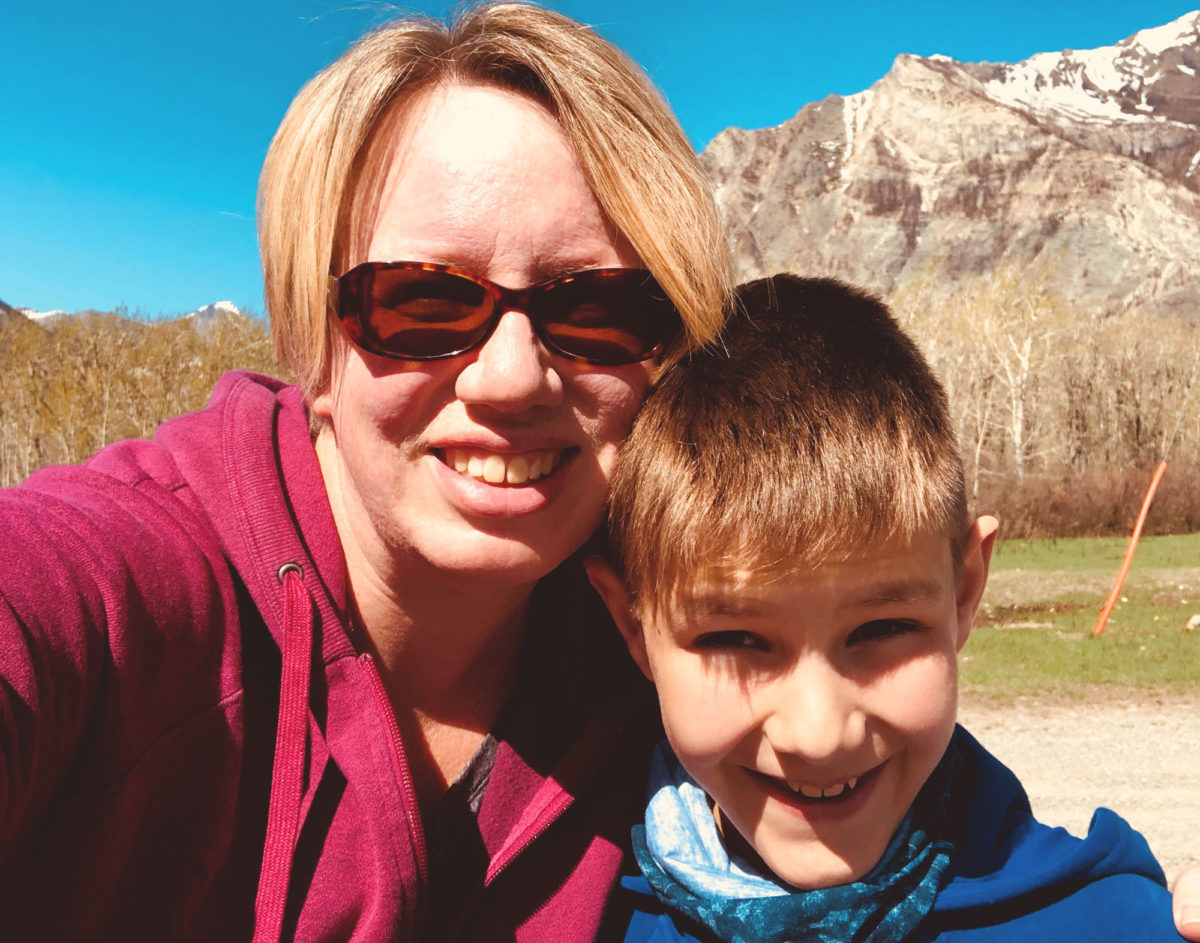
When Pastor James teaches, I am often surprised by the things he says! He has a way of helping me see things from a new perspective – his take on things is a breath of fresh air. But, when he asked us this past weekend why Jesus asked the blind man in Luke 18 what he needed, I was not at all prepared for his answer. Pastor James said:
“Jesus doesn’t make assumptions about people. He asks questions. He listens.”
At first, I found this answer rather shocking! If anyone has the ability and the right to make assumptions, wouldn’t it be Jesus?! But then I remembered that this is not the only time in Scripture that God shows curiosity about people. In Genesis 2:19, we read, “So the Lord God formed from the ground all the wild animals and all the birds of the sky. He brought them to the man to see what he would call them, and the man chose a name for each one.” (emphasis added) It blows my mind a little to think that God is interested in, even curious about, what we have to say. Thinking of God in this way has the potential to transform my prayer life …
Anyway, once my initial discomfort over curiosity as a characteristic of God subsided, I started to think about how I could take what Jesus is showing us in His interaction with the blind beggar and apply it in my parenting. Like the blind man, my children sometimes shout and act out in other uncomfortable ways to get my attention and get their needs met. Like the people around Jesus, my response is often to yell back, “Be quiet!” in an attempt to relieve my own discomfort and embarrassment. But what if my response looked more like Jesus? Jesus brought the beggar close, asked “What do you need?” – and then He met the need. The result? God was praised!
So, when my child gets home from school at the end of the day and lets her hair down (figuratively speaking), giving vent to all the big feelings and stress she’s been holding in all day, I have a choice to make. I can stay focused on the behaviour and try to shut down the noise, or I can draw close to her and ask, “What do you need?” Usually what she needs is for me to listen as she processes the events of her day – things that may seem trivial to me, but are most certainly not trivial to her. Once she’s unloaded a bit, my sweet child is back and peace has returned. Praise God!
 Or, when my toddler is squirmy and fussy in the grocery store, I can respond with compassion. Instead of assuming he’s behaving that way to embarrass me and make my life difficult, I can think about what he might need. I can consider whether he might be tired or hungry or maybe even incredibly uncomfortable because his active little body is being forced to sit still in a cold metal shopping cart. Once I’ve considered his needs, I can do my best to meet those needs and to be more proactive before we hit the grocery store next time. Perhaps I need to be more prepared with snacks and drinks, or maybe he needs to get all his wiggles out beforehand at a playground or indoor play place.
Or, when my toddler is squirmy and fussy in the grocery store, I can respond with compassion. Instead of assuming he’s behaving that way to embarrass me and make my life difficult, I can think about what he might need. I can consider whether he might be tired or hungry or maybe even incredibly uncomfortable because his active little body is being forced to sit still in a cold metal shopping cart. Once I’ve considered his needs, I can do my best to meet those needs and to be more proactive before we hit the grocery store next time. Perhaps I need to be more prepared with snacks and drinks, or maybe he needs to get all his wiggles out beforehand at a playground or indoor play place.
My big take-away from the Ears Open message was that even as I reach over the fence and try to do a better job of connecting with my neighbours, the people in my community, I also want to look at how I’m connecting with the neighbours I live with! Remember, Jesus responded to the question, “Who is my neighbour?” with the parable of the Good Samaritan in Luke 10:25-37. He defined being a good neighbour as showing mercy to those in need. My prayer this week is that I will practice being a better neighbour to my children. I want to keep my ears open, look for opportunities to connect, and be curious about what they need! As Pastor James reminded us, “Everyone is desperate to be heard. Listening is a form of love.” May we love the people in our lives well by learning to listen well.
– Written by Colleen Derksen
Colleen gives leadership to the Adoption & Foster Care ministry here at FAC.



